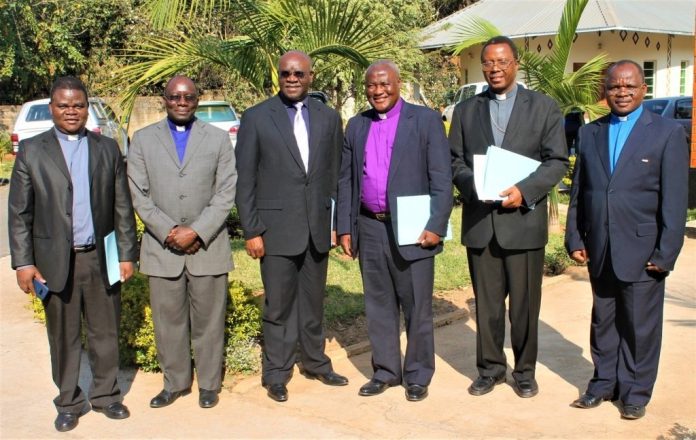Strategies for Pastoral Livelihood: Exploring Income Generation for Zambian Pastors
In Zambia, where spirituality and faith play central roles in society, pastors serve as pillars of guidance and support for their congregations. However, amidst their spiritual duties, many pastors face financial challenges, relying solely on donations and offerings from their congregants. In this article, we delve into the various strategies pastors can adopt to earn a living in Zambia while continuing to serve their communities with dedication and integrity.
Understanding the Challenges:
Zambian pastors often encounter financial hurdles due to the voluntary nature of church donations and the fluctuating economic conditions. Limited resources and reliance on congregation members’ contributions can lead to financial instability and uncertainty for pastors and their families. Moreover, societal expectations and misconceptions about pastors’ financial status can exacerbate these challenges, placing additional pressure on church leaders.
Diversifying Income Streams:
To overcome financial hardships, pastors in Zambia can explore diverse income-generating opportunities beyond traditional church offerings. These opportunities include establishing small businesses, offering specialized services, and engaging in vocational training or educational initiatives. By diversifying their income streams, pastors can create sustainable livelihoods while continuing to fulfill their pastoral duties.
Small Business Ventures:
One strategy for pastors to earn a living is through entrepreneurship. Pastors can leverage their skills and interests to establish small businesses aligned with their values and principles. Examples include agricultural ventures, retail shops, catering services, or artisanal crafts. By tapping into local markets and community needs, pastors can generate income while contributing to economic development in their communities.
Specialized Services:
Another avenue for pastors to supplement their income is by offering specialized services that align with their expertise and training. These services may include counseling, life coaching, event planning, or educational workshops. By leveraging their pastoral experience and interpersonal skills, pastors can provide valuable services to individuals and organizations while earning a fee or honorarium.
Vocational Training and Education:
Pastors can also explore opportunities in vocational training and education to enhance their earning potential. By acquiring certifications or qualifications in specific trades or disciplines, pastors can offer training programs or workshops to community members seeking skill development and empowerment. Vocational training initiatives can address local employment needs and provide pastors with a sustainable source of income.
Community Development Projects:
Engaging in community development projects presents pastors with opportunities to generate income while making a positive impact on society. Projects such as community gardens, sanitation initiatives, or infrastructure development can create employment opportunities and generate revenue through partnerships, grants, or donations. By leading community-driven initiatives, pastors can address pressing social issues while securing financial stability for themselves and their families.
Financial Management and Planning:
In addition to exploring income-generating opportunities, pastors must prioritize financial management and planning to ensure long-term stability. Implementing sound financial practices, such as budgeting, saving, and investing, can help pastors navigate economic uncertainties and build financial resilience. Seeking professional financial advice and education can empower pastors to make informed decisions about their finances and future.
Overcoming Stigma and Misconceptions:
Despite the importance of financial sustainability for pastors, stigma and misconceptions surrounding pastors’ earnings persist in Zambian society. Addressing these misconceptions requires open dialogue and transparency about pastors’ financial challenges and the diverse ways they earn a living. By fostering understanding and empathy, pastors can challenge stereotypes and garner support from their congregations and communities.
In Zambia, pastors play vital roles in spiritual leadership and community development. However, financial challenges often hinder pastors’ ability to fulfill their duties effectively. By diversifying income streams, prioritizing financial management, and challenging misconceptions, pastors can overcome financial hardships and create sustainable livelihoods while continuing to serve their congregations and communities with dedication and integrity. Through innovative strategies and collaborative efforts, pastors can thrive economically while making enduring contributions to the spiritual and social fabric of Zambian society.













